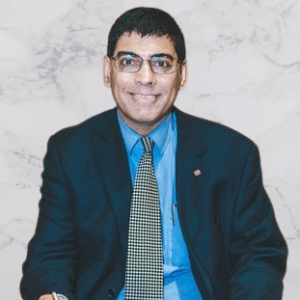Abstract:
Atherosclerosis, an inflammatory disorder of medium and large arteries and the underlying cause of myocardial infarction and cerebrovascular accidents, is responsible for more global deaths than any other disease. Although reduction in mortality from atherosclerosis and its complications has been achieved recently by lifestyle changes and pharmaceutical intervention, this is expected to reverse in the future because of global increase in risk factors such as hypercholesterolemia, obesity, and diabetes. Current pharmaceutical therapies against atherosclerosis are associated with substantial residual risk for cardiovascular disease together with other issues such as side effects. In addition, pharmaceutical agents against many promising targets have proved disappointing at the clinical level. It is therefore essential that the molecular basis of atherosclerosis is fully understood, and new therapeutic/preventative agents or targets are identified and validated.
The major focus of recent research in my laboratory is to understand the molecular mechanisms underlying the protective anti-atherogenic actions of natural products using a combination of in vitro and in vivo model systems together with biochemical, molecular biology and immunological approaches. Our research has provided novel insights into the mechanisms underlying the protective actions of several nutraceuticals. This presentation will discuss the molecular basis of atherosclerosis and opportunities for drug discovery, current therapies against the disease and their limitations, emerging therapies targeting lipid metabolism and the inflammatory response, new challenges, and the potential of natural products as preventative and therapeutic agents with focus on probiotic bacteria.
Audience Take Away Notes:
- The audience will learn about how natural products can prevent and treat cardiovascular disease.
- The research-led knowledge base will positively impact their jobs.
- The research could be used other faculty to expand their research or teaching.
- The research could impact therapeutic options available in cardiovascular disease.
- The research could lead to development of new agents to prevent and treat heart disease.




